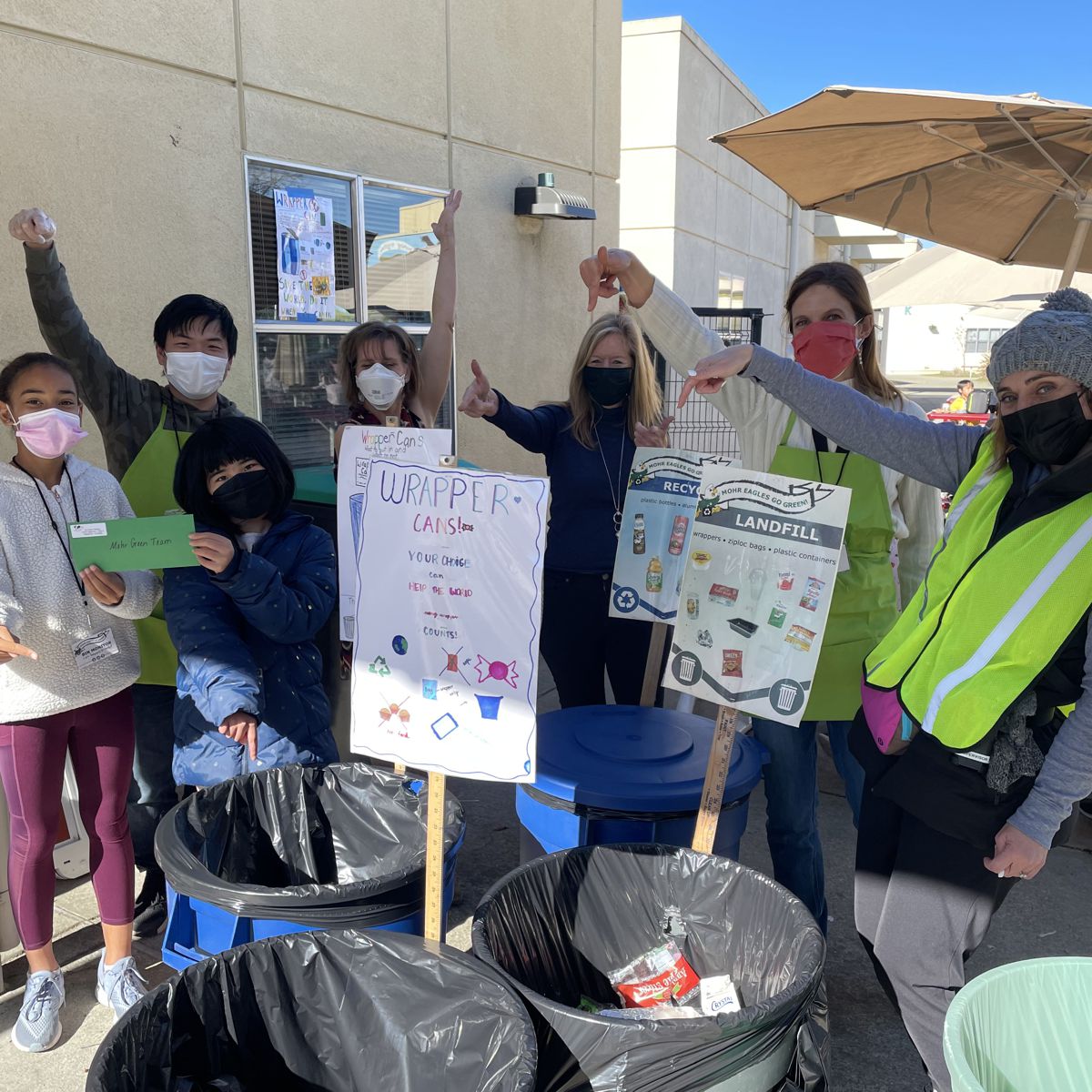Go Green Initiative Celebrates 20 Years of Protecting Children
Go Green Initiative Celebrates 20 Years of Protecting Children

This year marks the 20th anniversary of the Go Green Initiative (GGI). The nonprofit works with schools to protect children from adverse environmental conditions, secure access to nutritious food, and conserve natural resources for the future. Unlike some other organizations, GGI works to improve schools today to benefit students immediately. “The nonprofit’s five core programs guide, train, and support school officials, staff, and students in improving indoor environmental conditions, conserving natural resources, and reducing environmental impacts,” according to officials.
Environmental toxins that are present in school water, air, and food are not required to be monitored and may result in students facing short- and long-term health problems, including cancer, according to Jill Buck, Founder and CEO. “GGI can measure these toxins and help with solutions for improved cleanliness and health. In fact, GGI’s work can ultimately save school districts hundreds of thousands of dollars per year that can instead be spent on direct student learning activities. However, it is difficult to allocate resources to these cost-saving initiatives. For this reason, GGI must help school districts fundraise to implement these initiatives.”
“Healthy school environments can affect the attendance, concentration, and performance of both students and educators,” according to the U.S. Environmental Protection Agency. Ambient air pollution is an important environmental exposure and has been linked with impaired cognitive function and lower academic achievement, notes Buck. The Pleasanton Unified School District has partnered with GGI for the past 20 years and serves as a testing ground for work across the country. Thanks to GGI internship programs, high school and college students can pursue high-impact projects in environmental policy and infrastructure.
In 2022, for example, Amador Valley High School Senior Aryan Jain was awarded the Presidential Volunteer Service Award from the President’s Council on Service and Civic Participation for developing a scalable waste tracking app called Savr. The app integrates with the EPA’s Energy Star Portfolio Manager, a free but under-utilized tool for resource management. Savr is currently being used to track waste across schools in the Pleasanton Unified School District.
Several new laws, in California and across the country, require school districts to track their contributions to pollution and climate change. For instance, California’s SB 1383 regulations went into effect on January 1 of this year and established targets to reduce the amount of organic waste that goes into landfills. Organic waste in landfills “emits 20% of the state’s methane, a climate super pollutant 84 times more potent than carbon dioxide” as well as air pollutants that contribute to health conditions like asthma, according to California’s Department of Resources Recycling and Recovery.
“Through education, training, and strategic support for schools and school districts, the GGI delivers measurable student wellness and improved academic outcomes while cultivating the next generation of environmental stewards,” says Buck. “The GGI advances equity by directing its resources to communities that are disproportionately harmed by environmental injustice.”
Addressing Environmental Justice is central to the GGI mission. While the Tri-Valley is GGI’s home base and there is a strong commitment to the local community, GGI is also committed to directing the majority of its resources to school districts in communities facing the greatest environmental needs. Currently, that includes working with school districts in Hayward and Compton, California; Camden and Newark, New Jersey; and Chester, Pennsylvania. Buck encourages corporations to contact GGI to explore how partnering with the organization can strengthen their social responsibility efforts.
For more information about the Go Green Initiative, please visit gogreeninitiatve.org, www.facebook.com/gogreeninitiative.org, www.linkedin.com/company/go-green-initiative, or www.twitter.com/greeninitiative.




